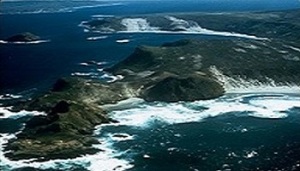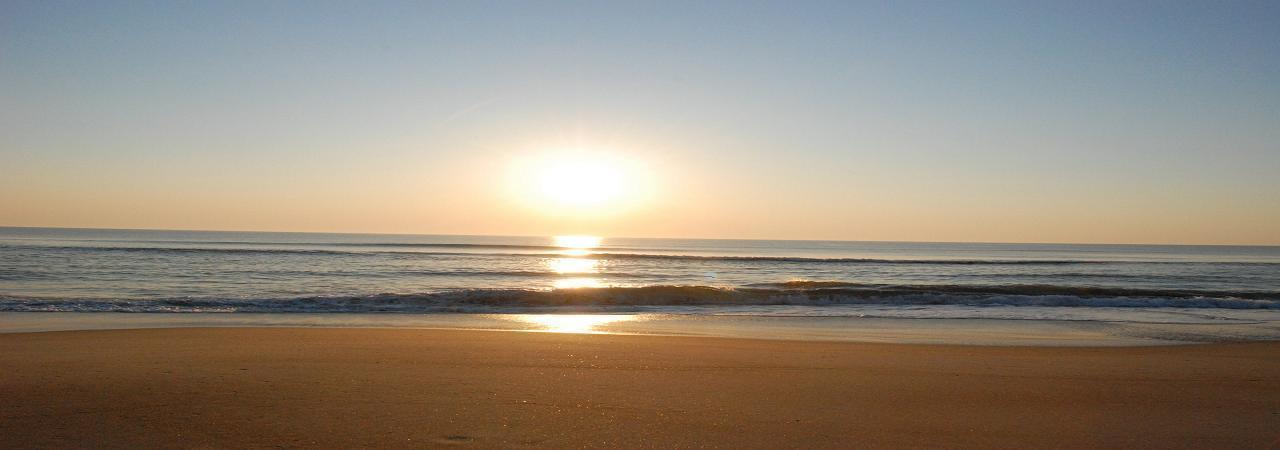by Jerry Alatalo
“The real truth of the matter is that a financial element in the large centers has owned the government since the days of Andrew Jackson.”
—-
“We shall not be able to claim that we have gained victory in this war if any vestige of Fascism in any of its malignant forms is permitted to survive anywhere in the world.” Message to Congress, September 14, 1943
– FRANKLIN DELANO ROOSEVELT (1882-1945) 32nd President of the United States
 In his talk with President of the Henry George School of Social Science Andrew Mazzone, Thomas Palley says we (Americans) don’t have leaders like FDR anymore on the side of the people, but that politicians have become driven solely by polls and money.
In his talk with President of the Henry George School of Social Science Andrew Mazzone, Thomas Palley says we (Americans) don’t have leaders like FDR anymore on the side of the people, but that politicians have become driven solely by polls and money.
Mr. Palley, Chief Economic Advisor to the AFL-CIO, with Mr. Mazzone cover America’s economic history, divided into three time periods: 1) Pre-1940 (before the New Deal), 2) 1940-1980 (Era of New Deal Keynesianism / Golden Age / Structural Keynesianism), and 3) 1980-2015 (Era of neoliberalism).
Mr. Palley’s view is that America’s business lobby – the Republican Party (GOP) – has never accepted the New Deal policies instituted during the time of FDR in response to the Great Depression, the GOP accepted structural Keynesianism for 40 years until 1980, and that the appearance of Ronald Reagan and Margaret Thatcher and neoliberal economic policies resulted in an extreme shift having consequences still felt the world over today.
Using their elite-backed political power and respective “bully pulpits” in the USA and Britain, Reagan and Thatcher were able to convince large segments of their respective citizenry that they didn’t need unions, corporations were benevolent citizens – not predatory capitalists, and initiated economic reforms with lasting negative results. The results can be seen today with the proposed Trans-Pacific Partnership (TPP), Trans-Atlantic Trade and Investment Partnership (TTIP), Trade in Service Agreement (TiSA), “structural adjustment” or austerity, and strong push back against neoliberal policies in both America and Europe.
Mr. Palley describes how owners of corporations in America began “outsourcing” jobs by moving production plants from the “rust belt” states in the north where unions were strong to southern states where unions were almost non-existent, thereby effectively eliminating union membership in the nation’s manufacturing sector.
Despite what Palley describes as “many good people in corporations who’ve become saddened since 1980 by the outsourcing phenomenon”, outsourcing grew/went from an action involving moving jobs and facilities to lower wage states inside America to even lower wage nations around the Earth. Because of competitive advantages gained by corporations who’d moved to production in China etc., even those “good people in corporations saddened” came to have no choice but to follow the trend or risk going out of business.
While Americans became satisfied with lower priced goods coming from China, Vietnam, Mexico and other low-wage countries, the trend of outsourcing became increasingly a matter of concern simply because good jobs were disappearing across the country, until now in 2015 the public’s push back against TPP, TTIP and TiSA has been massive – both in the United States and Europe.
Mazzone and Palley go on to discuss how business school graduates / executives from the 1960’s differ in mindset from those leaving college after 1980. Where graduates in the 60’s held the view that social restraints were important, after 1980 and the beginning of neoliberal economic policies, business school graduates believed in “no societal restraints”, maximization of profits for shareholders as the only goal, and a “let it rip” business philosophy – anything goes.
Advances in information technology made outsourcing increasingly easier; corporate managers could now control operations at production facilities located in more than one country virtually anyplace on the planet, and all from one “nerve center”, sometimes from home. More and more company owners followed the higher profits offshoring trend, more Americans saw their jobs move to overseas countries, and GOP members who’d held to their disapproval of FDR’s New Deal laws most likely felt a sense of winning.
Mr. Palley believes it’s possible to bring about economic policies which reverse the “race to the bottom” global trend, but that it is admittedly a difficult challenge. His suggestions include:
Opposition to TPP, TTIP, TiSA, which, once signatory nations have entered the agreement(s), “lock in” nations who will find it nearly impossible to exit
Demanding removal of so-called “Investor State Dispute Settlement” language that kills democracy
“Lock in” a progressive economic trajectory, including measures aimed at full employment, increasing the minimum wage, increased membership in unions, more public investment, tax reform to enable higher expenditure on education, health, etc., a public option addition to the Affordable Care Act, expansion of Social Security, and more
Mr. Mazzone and Thomas Palley also talked about the 2016 presidential race in the United States. Palley singles out FDR, Abraham Lincoln and Harry Truman as presidents who were unique in that they were willing to challenge their “base”, took unpopular positions and actions, and effectively educated supporters of what they (citizens) want.
****
In a very interesting 30-minute discussion, Mr. Palley and Mr. Mazzone manage to deliver much information while doing an excellent job in covering a number of important, timely topics related to the global economy.
For more information, visit: http://henrygeorgeschool.org
(Thank you to Henry George School of Social Science at YouTube)

I read an article the other day reporting that Democrats are abandoning their formal references to Jefferson and Jackson due to those presidents’ slave-owning practices and mistreatment of Native Americans. Their reasoning is understandable in this day and age, but I wish we could be savvy enough to appreciate the good individual people do while also scrutinizing the bad. Jefferson and Jackson did many good things.
Mr. Palley’s time periods also correspond roughly to historians’ classifications for “Late Modernity” (1940-1980) and “Postmodernity” (1980-present).
Good post.
LikeLike
Robert,
It’s fascinating to step back and see from the perspective of the, as MLK put it, “arc of history”. Jefferson and Jackson happened to have been born in their generations, social “norms” were entirely different because the great changes came after they left this life, so one can only perceive previous generations’ actions with those norms taken into account. Thankfully more people getting their news from the internet instead of corporate media has resulted in more people better informed, speaking truth and becoming able to detect lies, whether by commission or omission. It seems the 2016 presidential race, along with political races at lower levels, will be one where the greatest battle between truth and lies in man’s history is going to take place. It’s meant to be, will happen and that’s it. The saying “strap yourself in, it’s going to be a helluva ride” seems apt.
Thanks.
LikeLiked by 1 person
As Chris Hedges pointed out in a recent speech in Seattle, FDR’s policies were all the direct result of a large powerful protest movement. As were Nixon’s environmental policies, including the creation of the EPA and the Clean Water Act. Where the people lead, leaders follow.
LikeLike
Stuart,
Yes, it’s hard to imagine how brutal life became for a lot of Americans during the times of FDR. Equally hard to imagine is how Americans allowed predatory capitalism off the hook, to re-emerge (doing away with Glass-Steagall, tax haven industry – now costing governments globally $1.7 trillion per year, TPP, etc.) and recreate economic depression-like conditions. One senses the “big pendulum” has begun its movement in the opposite direction, and who can accurately measure how rapid that movement’s occurring. Ideally good and necessary change is happening faster than we imagine. As always, it’ll be interesting to observe and experience…
Thanks.
LikeLike